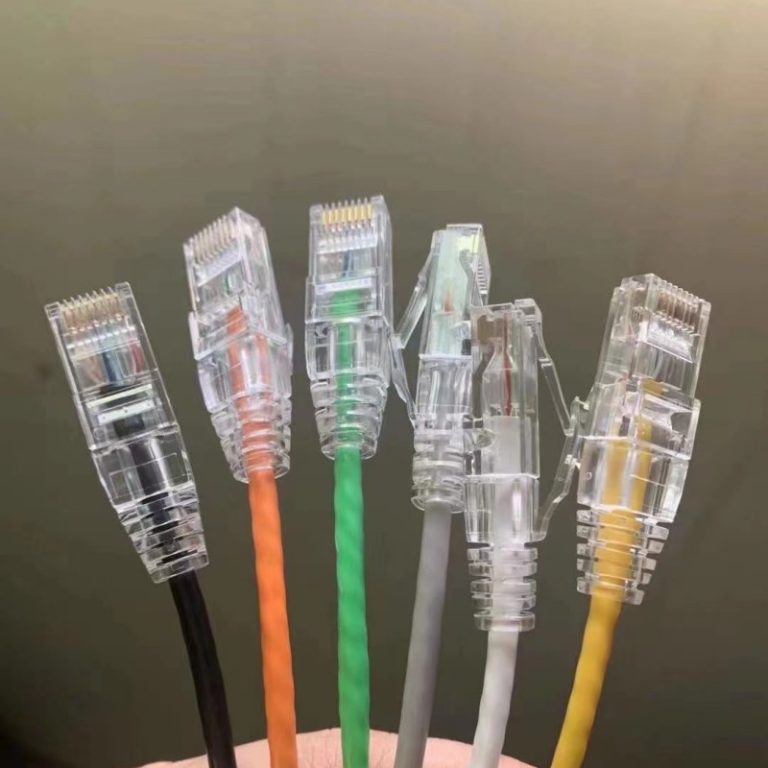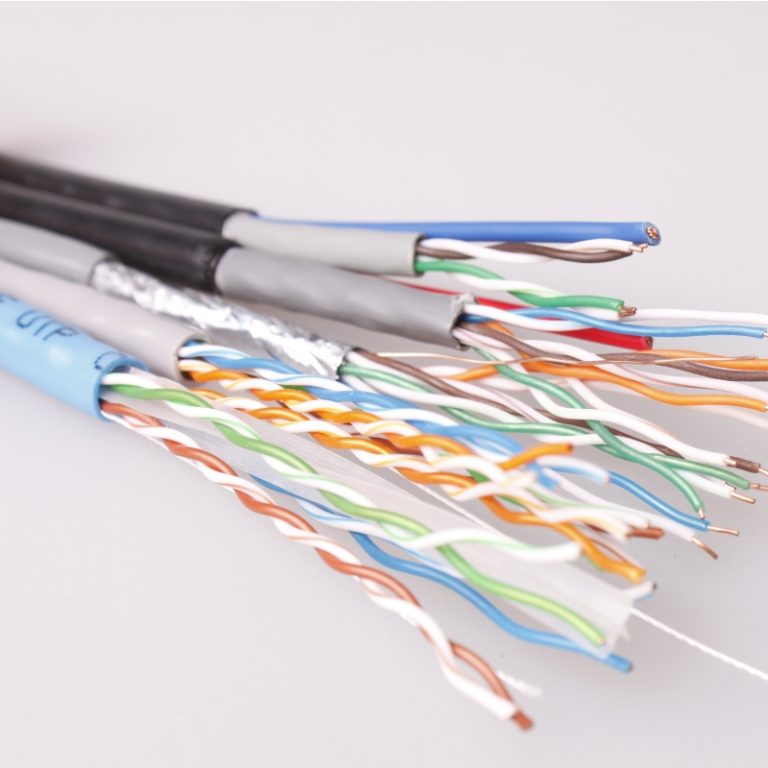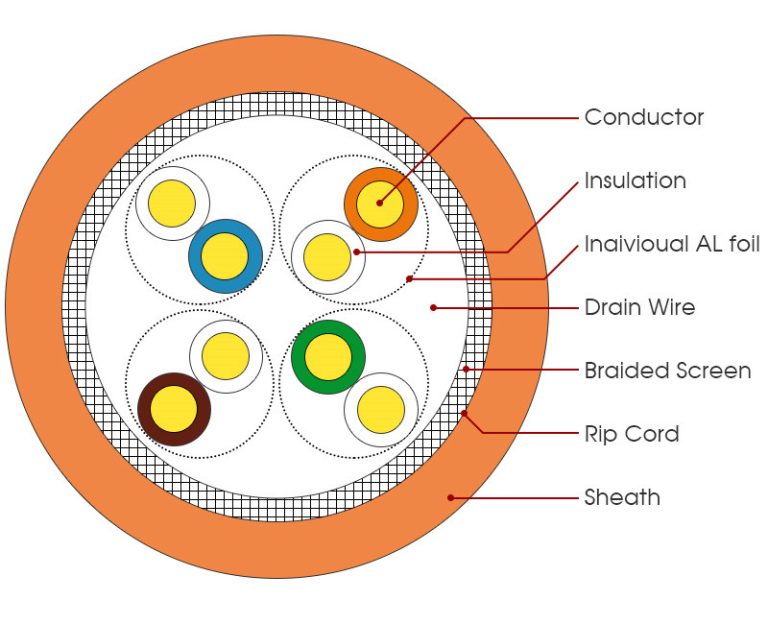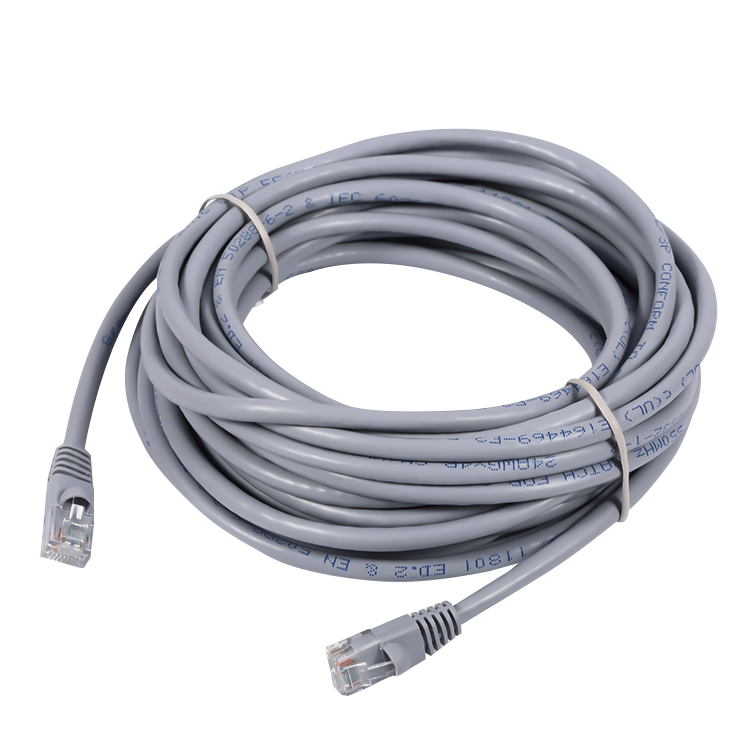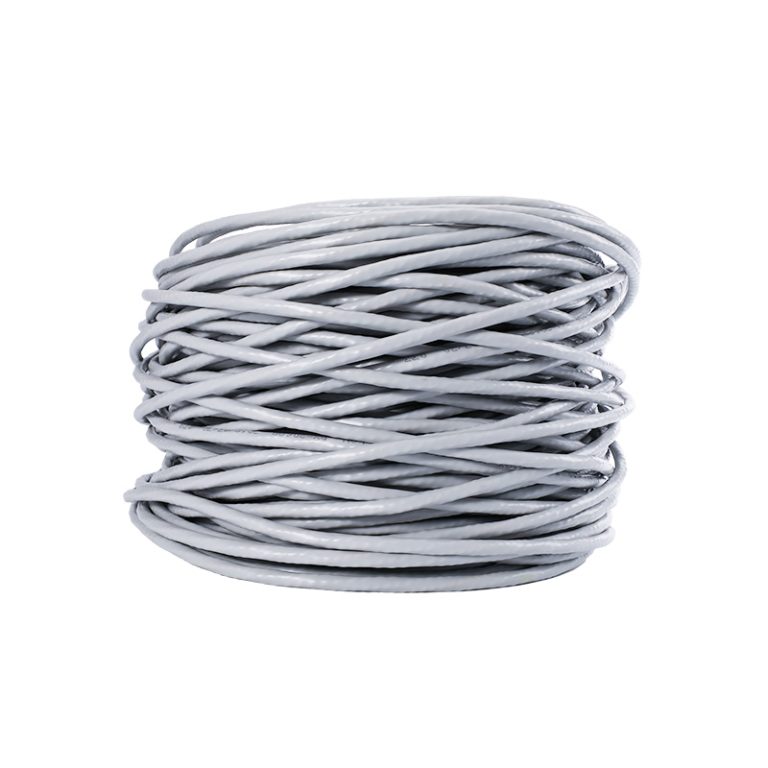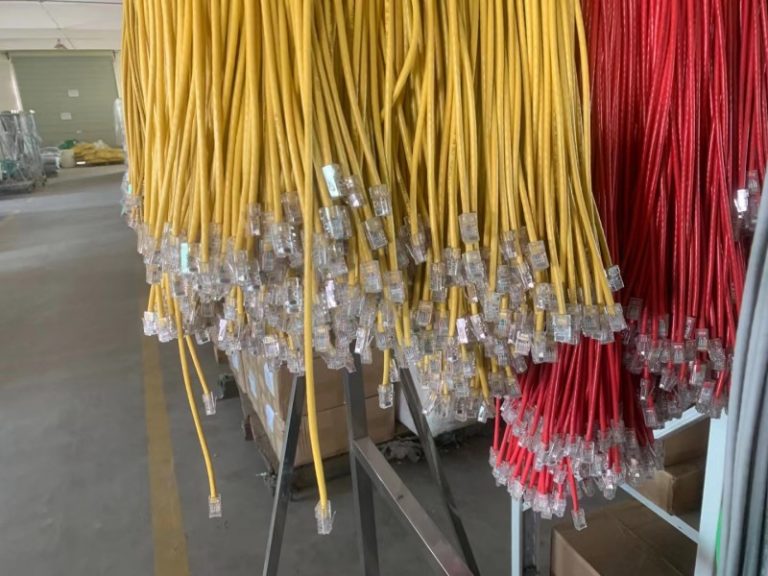is cat7 real
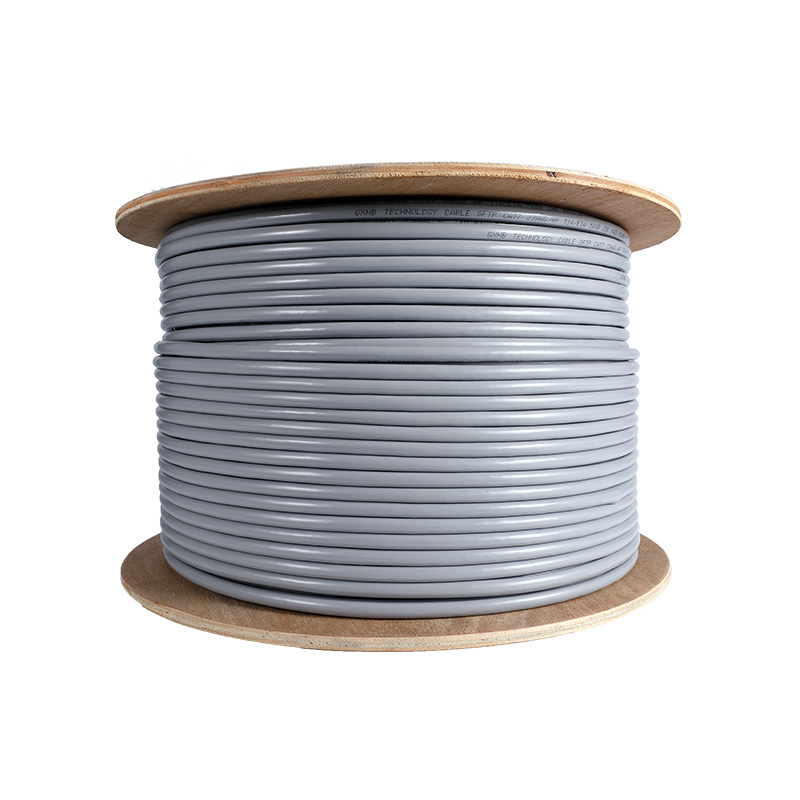
Cat7 is a type of Ethernet cable that is often discussed in the tech world, but is it real? In this blog post, we’ll explore the truth behind Cat7 cables and whether or not they actually exist. We’ll look at the technical specifications of Cat7 cables, the advantages they offer, and the potential drawbacks of using them. Finally, we’ll discuss whether or not Cat7 cables are worth the investment for your home or business network
Cat7 cables are a type of Ethernet cable that has been discussed in the tech world for some time. While the name implies that it is a seventh generation of Ethernet cable, the truth is that Cat7 cables are not officially recognized by the Institute of Electrical and Electronics Engineers (IEEE). However, there are some cables that are marketed as Cat7 cables, and they do offer some advantages over traditional Ethernet cables.Product Name | Conductor material |
Oxygen free copper(OFC) | |
Copper clad copper(CCC) | |
Copper clad aluminum(CCA) |
 Overall, Cat7 cables offer some advantages over traditional Ethernet cables, but they may not be worth the investment for most home or business networks. If you need faster speeds and better performance, then Cat7 cables may be worth considering. However, if you are looking for a more cost-effective solution, then traditional Ethernet cables may be a better option.
Overall, Cat7 cables offer some advantages over traditional Ethernet cables, but they may not be worth the investment for most home or business networks. If you need faster speeds and better performance, then Cat7 cables may be worth considering. However, if you are looking for a more cost-effective solution, then traditional Ethernet cables may be a better option.
